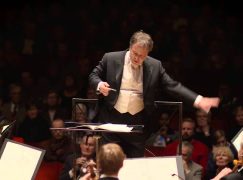A post by the rising American baritone Samuel Schultz:
I was raped.
Pause and contemplate those three words. I certainly have as I have been living with that reality since 2010, while I was pursuing my master’s degree, when a celebrated opera singer and his boyfriend raped me.
In the aftermath of confronting this reality I was faced with two choices. I could choose to become someone who felt betrayed by everything, living a life of bitterness and anger, treating the world with hatred justified by what I had to endure. The other option, and the one I ultimately chose, was to reject anger and bitterness as driving forces in my life. I chose to pursue kindness and love, and in doing so, I have found a life full of potential beauty. Yet I often have to work hard to discover the beauty and it is not always apparent to someone who has endured life-altering and devastating circumstances.
Why now? Because this is my story and I hate that this is my story, but now I have the strength to own my story and to take back the power it has had over me and to use the power of its truth, its sacredness, to bring an end to rape. I have been terrified to talk about this publicly because, as many know, people in positions of power (or perceived positions of power) have not been held accountable in the past. There was a legitimate danger of destroying my career by reporting someone else’s assault against me. Because of this, I have lived with the fear of exclusion and being silenced which has meant that my story has not been told. And I was not willing to risk a career in opera by exposing this truth. But I know that I am not alone. My love for life and art and music and people compel me to tell this truth….
Read on here.
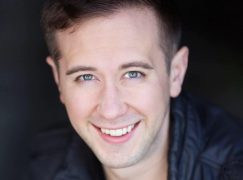
Schultz recently made debuts with Washington National Opera, Opera Omaha and Utah Opera.
A new essay by Tom Moore in the Kapralova Journal.
Here.
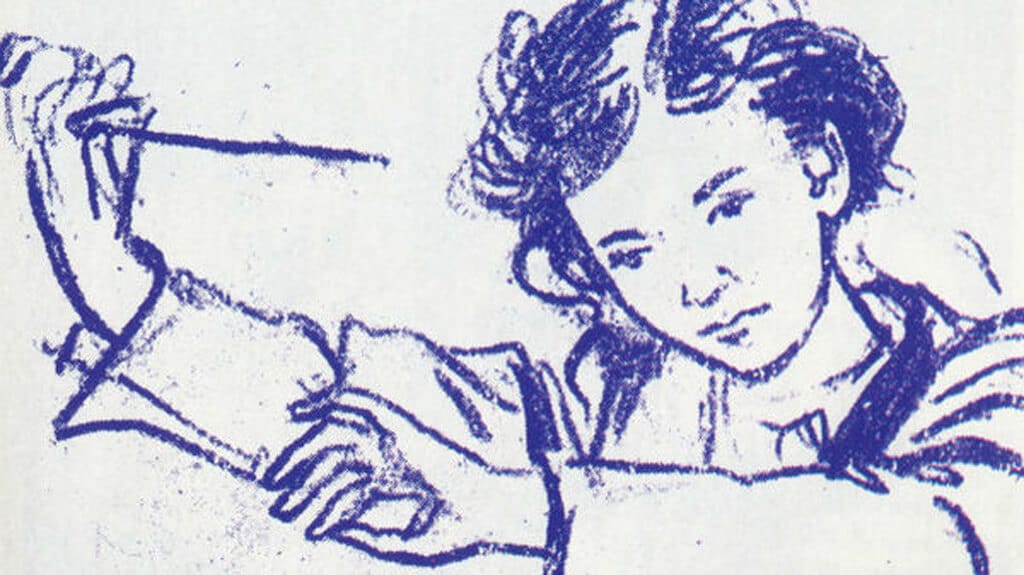
You’ve heard of Kapralova, right?
From one of our readers:
Mindless applause – it’s started already! Yesterday, after each movement of The Planets until ‘Saturn’, at the end of which Sakari Oramo managed to get silence. Anyone clapping after ‘Mars’ would realize that only a few people were doing it and that it probably wasn’t supposed to be happening – so why did they do it again (and similarly unconvincingly) after ‘Neptune’, ‘Mercury’ and ‘Jupiter’?
Why do they do it anyway? It breaks the continuity (and the concentration of the performers), is bad manners and inconsiderate to other listeners, and in very few other countries does this extraordinary obsession with clapping take place.
The first reviews make no mention of the disruption.
This was Thursday’s highlight of the Crested Butte Music Festival in Colorado.
The artistic directors are Erik Peterson and Emily Ondracek-Peterson.
The festival’s mission statement reads: ‘Our mission is to enrich, educate and inspire our community with diverse art forms that celebrate the human spirit. CBMF presents outstanding performances in diverse musical genres with accompanying educational programs each summer.’
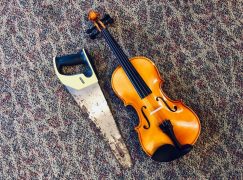
Enrich? Educate? Inspire?
UPDATE: Emily explains why.
Message from LA Opera:
All of us at LA Opera are incredibly saddened to learn of the passing of tenor Andres (Andy) Ramirez. Andy has been a part of the LAO family since he was 11 years old, when he sang in the 2001 production of Puccini’s Tosca as a member of the LA Children’s Chorus. He participated in one of the first Opera Camps and continued his musical education at Los Angeles County High School for the Arts (LACHSA). He was 28 years old…
Last season, Ramirez made his debut as a member of the LA Opera Chorus in The Pearl Fishers. Mezzo-soprano Erin Alford recalled how excited they both were to be singing in their first chorus roles with LA Opera.
“Andy was a fabulous tenor and seriously, one of the kindest individuals I’ve met. He also taught the opera workshop at LACHSA and his students LOVED him,” Alford said.
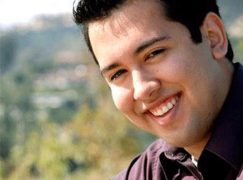
A fundraiser for Andy’s funeral has raised $17,500.
In a typically thoughtful interview with Christian Berzins of the NZZaS, the premier tenor explains why he won’t sing in houses that require six weeks rehearsal, why he is concerned at regime change in Munich and how the singer has become the weakest link in the director-conductor-performer power structure.
With the exception of a tiny handful of stars who have make-or-break status:
Placido Domingo told me a few years ago that he would not like to be in my skin. When he cancelled a performance 30 years ago, there were ten tenors to replace him. Today … everyone says: “For God’s sake, what are we going to do ?!” The operatic world used to be spread over many shoulders….
Read on here.




